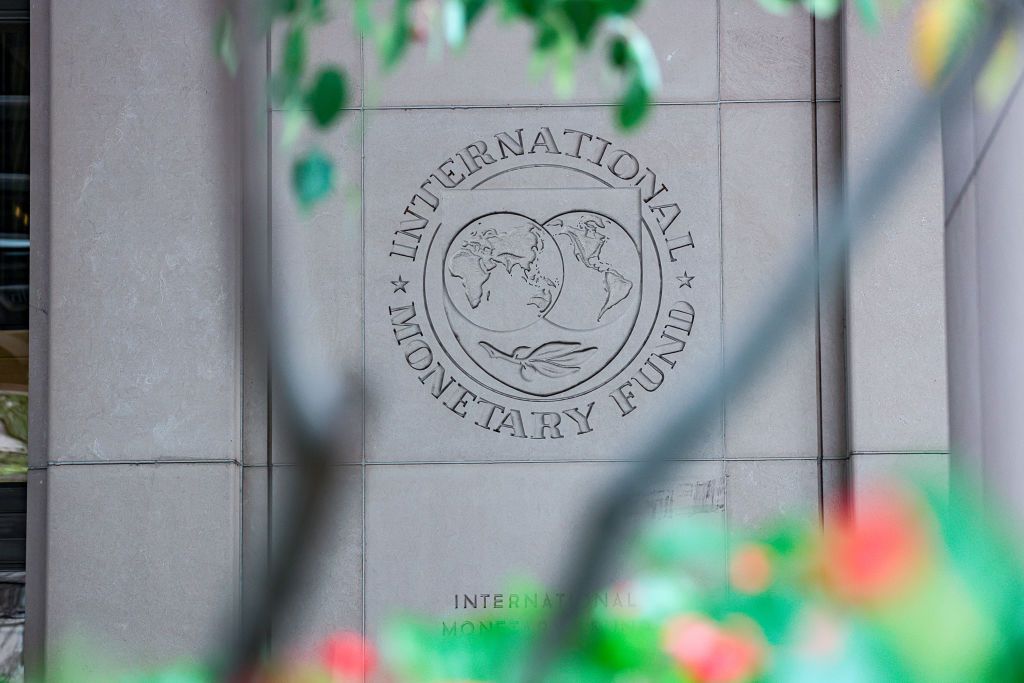
IMF approves $400 million in funding for Ukraine
The Executive Board of the International Monetary Fund (IMF) approved the disbursement of $400 million in funds for Ukraine via the Extended Fund Facility (EFF), the IMF announced on March 28.

The Executive Board of the International Monetary Fund (IMF) approved the disbursement of $400 million in funds for Ukraine via the Extended Fund Facility (EFF), the IMF announced on March 28.

"A stable energy supply is a condition for the functioning of the economy, critical infrastructure, social and other spheres of life in Ukraine," Deputy Energy Minister Roman Andarak said on March 22.
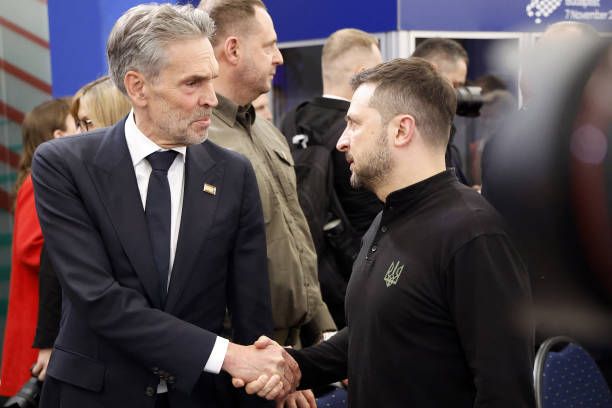
The Netherlands will provide Ukraine with 3.5 billion euros ($3.8 billion) in combined government support in 2026, Dutch Prime Minister Dick Schoof announced on March 5.
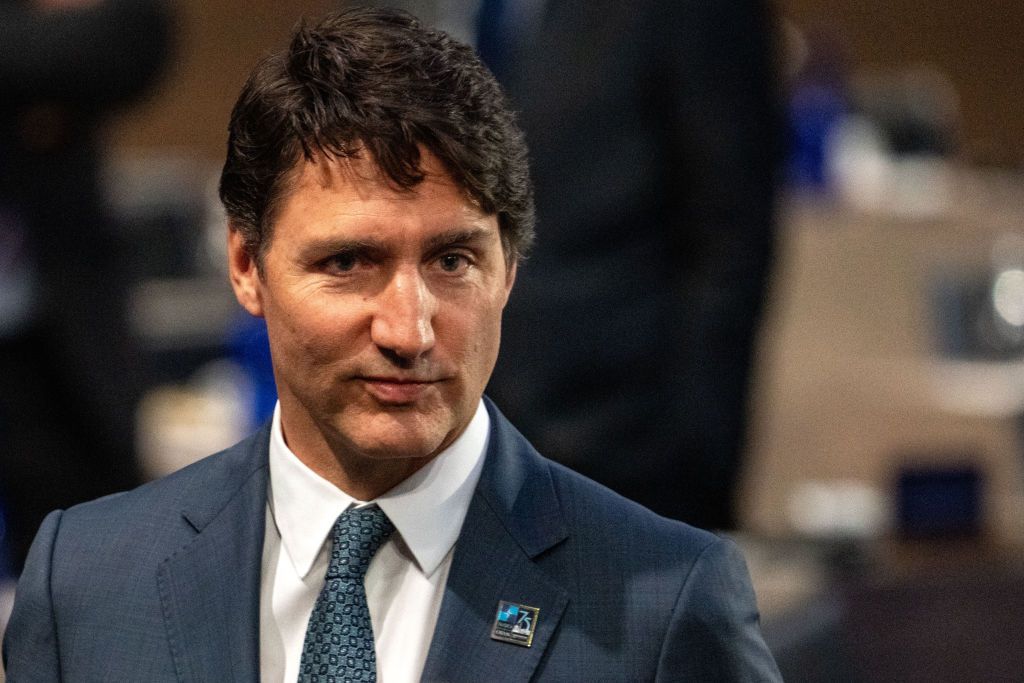
Canadian Prime Minister Justin Trudeau also announced new military assistance, including 25 LAV III infantry fighting vehicles, two combat support vehicles, and four F-16 flight simulators.
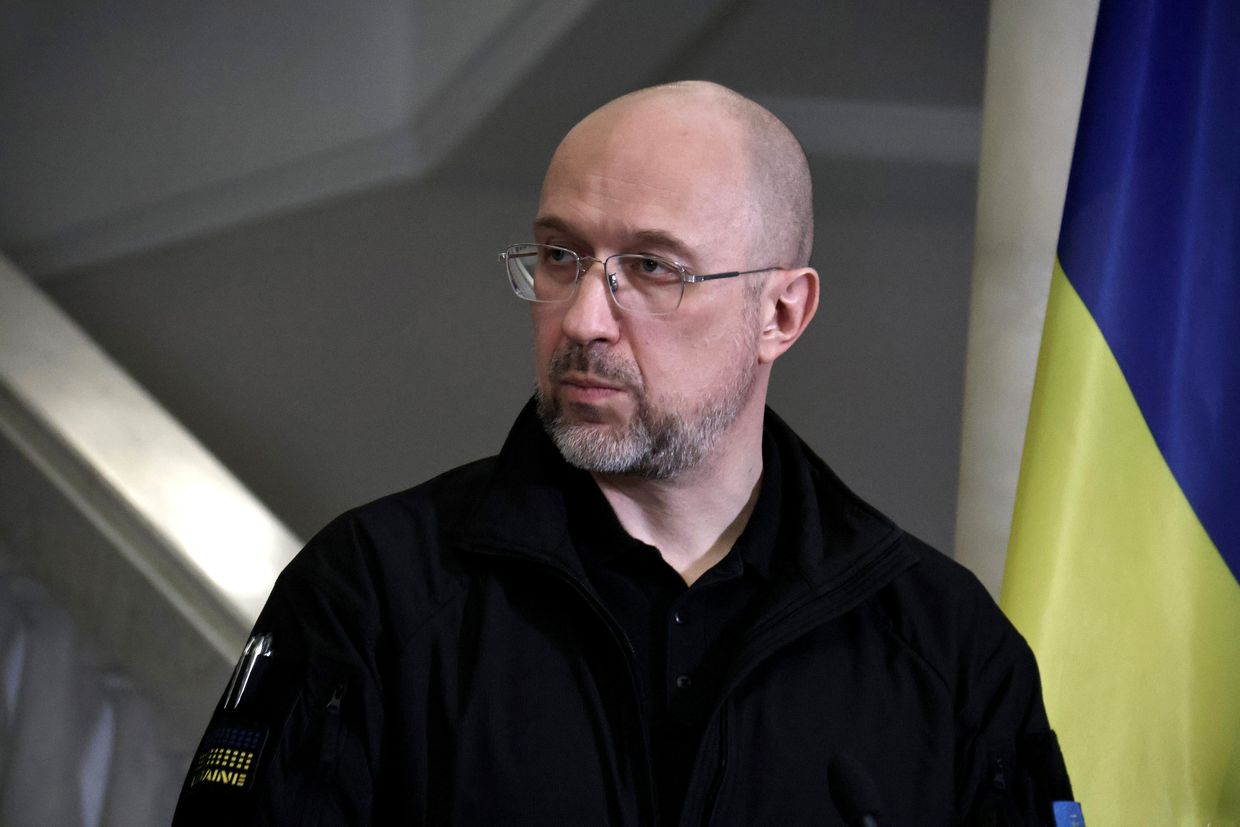
The funds will be provided through the Japan International Cooperation Agency (JICA).
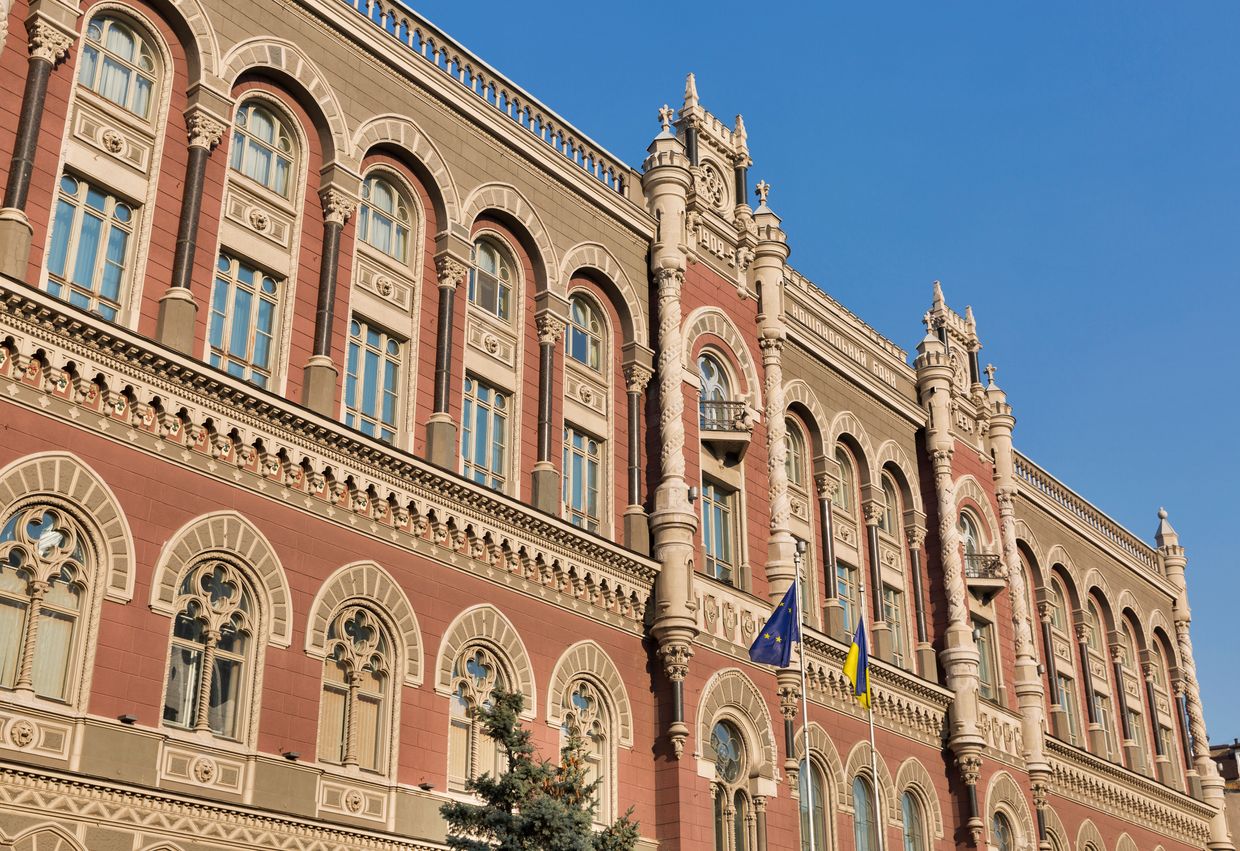
Ukraine’s inflation rate is expected to peak at 15% by mid-2025 before dropping to 8.4% by year's end, Ukraine’s Central Bank said on Jan. 31.
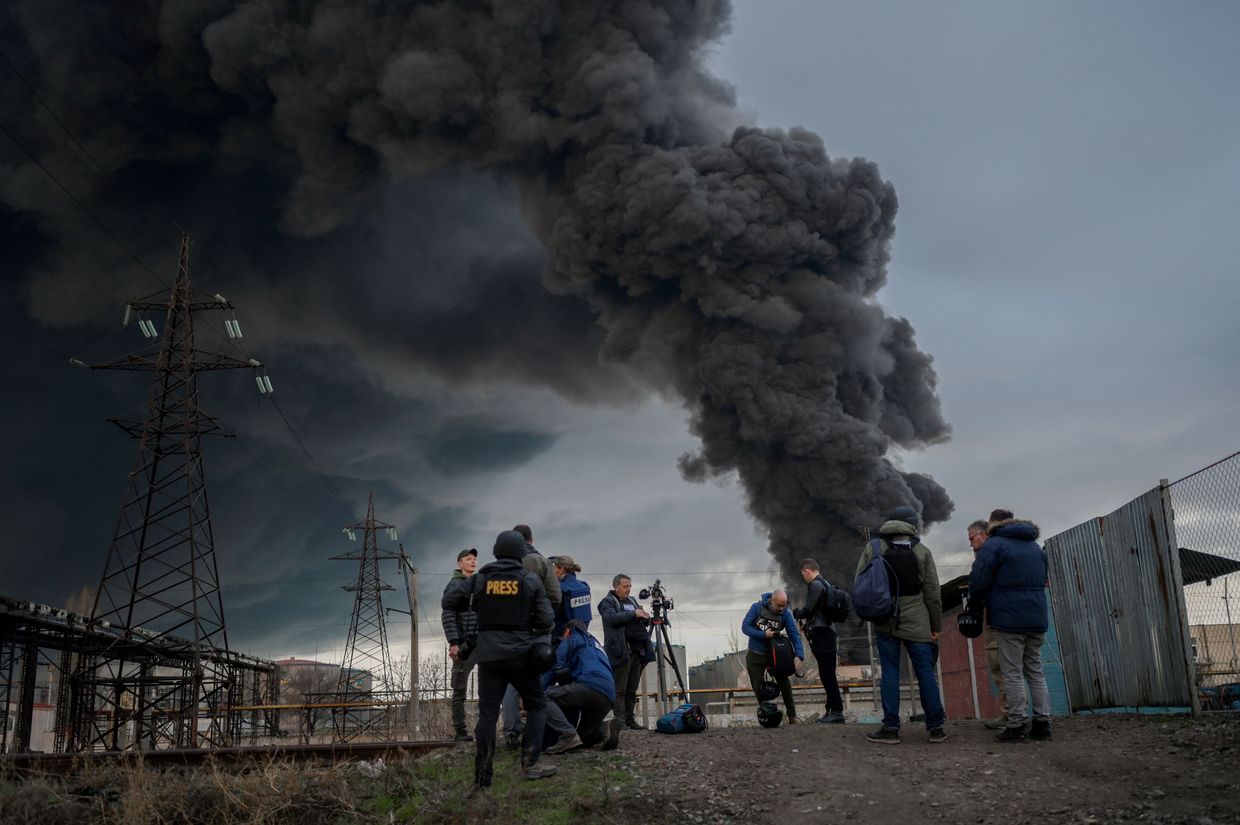
Editor's Note: After this op-ed was published, the Kyiv Independent launched a fundraiser to save three Ukrainian newsrooms that suffered from the aid freeze. It probably made sense on paper. In his first week in office, U.S. President Donald Trump ordered a 90–day freeze on U.S. foreign
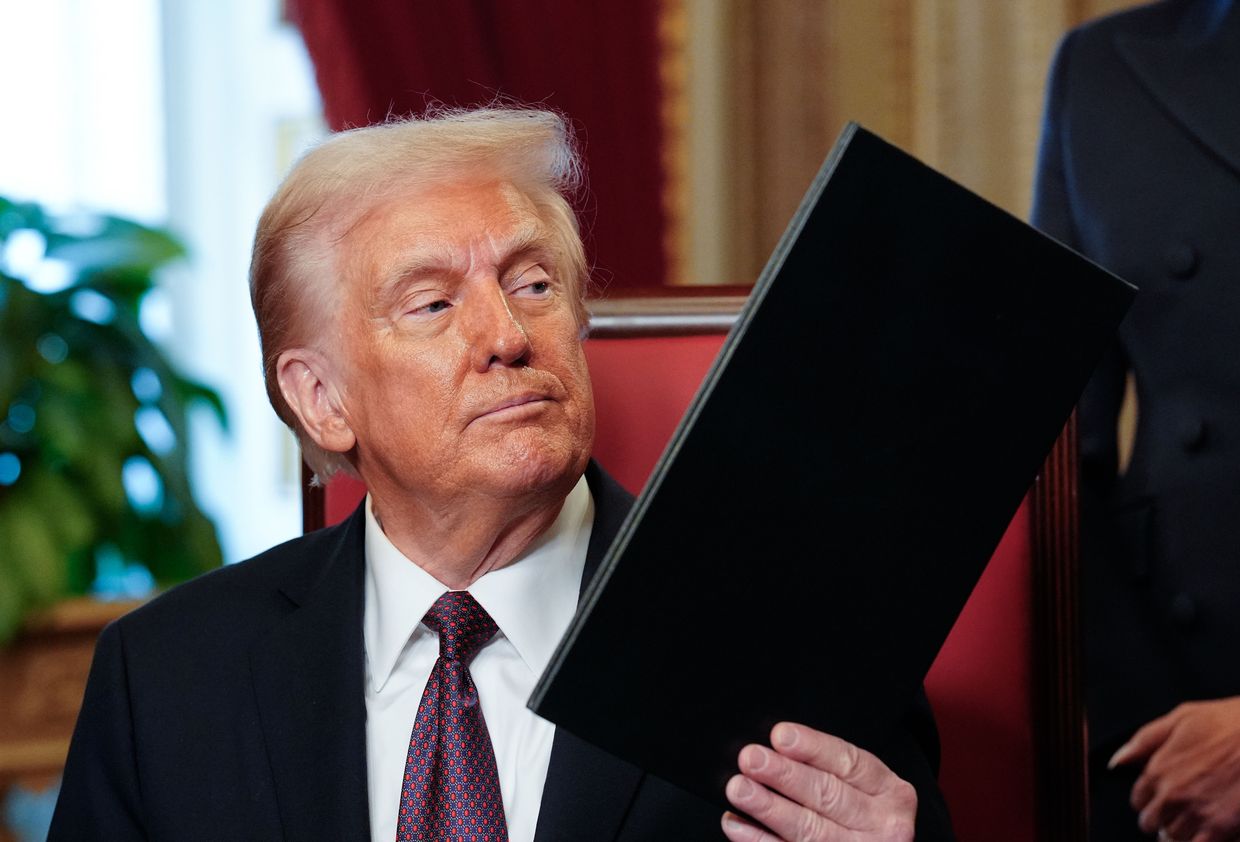
U.S. President Donald Trump's decision to freeze foreign development assistance for 90 days has thrown Ukrainian organizations into turmoil, in some cases threatening their very existence and leaving the people they support in limbo. These non-profit organizations provide a huge range of humanitarian services, including counseling, organizing cultural events,
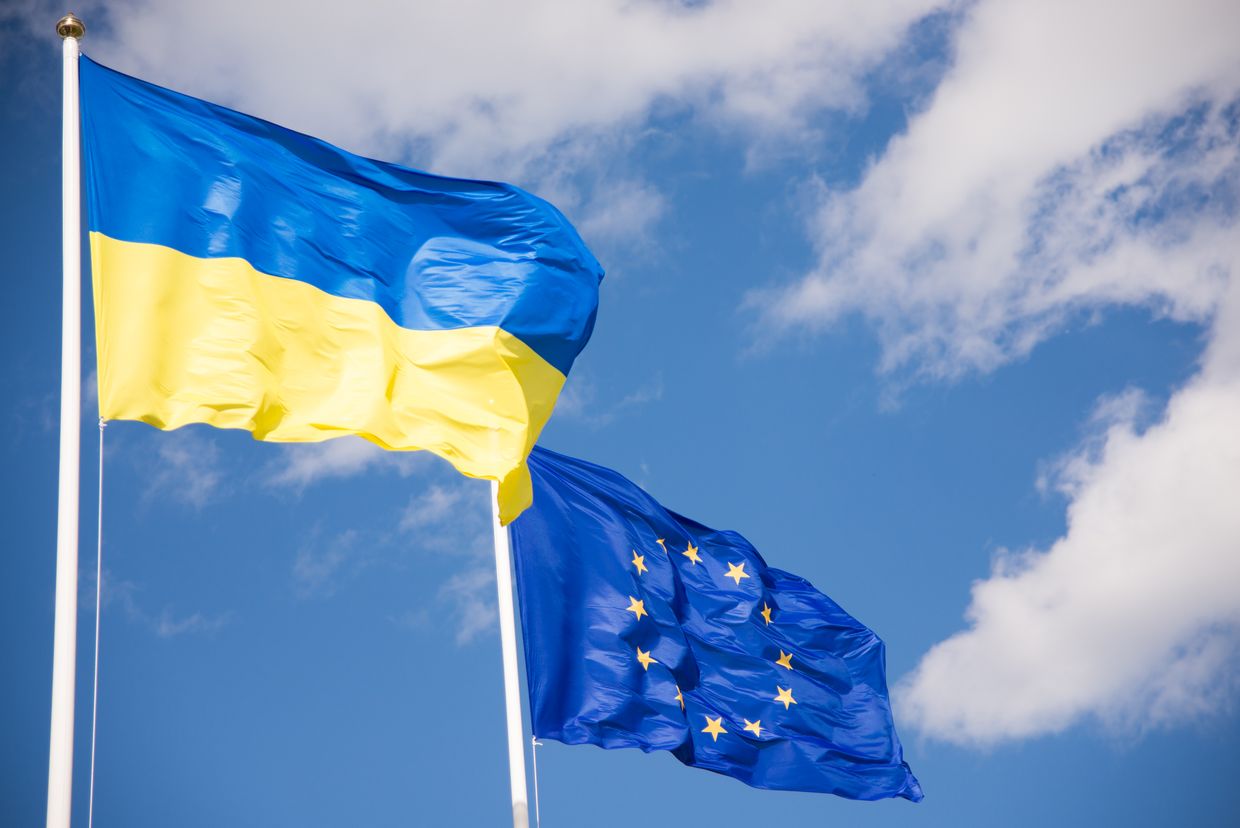
"This is the first tranche of funds from the European Union, secured through income from frozen Russian assets," Prime Minister Denys Shmyhal said.
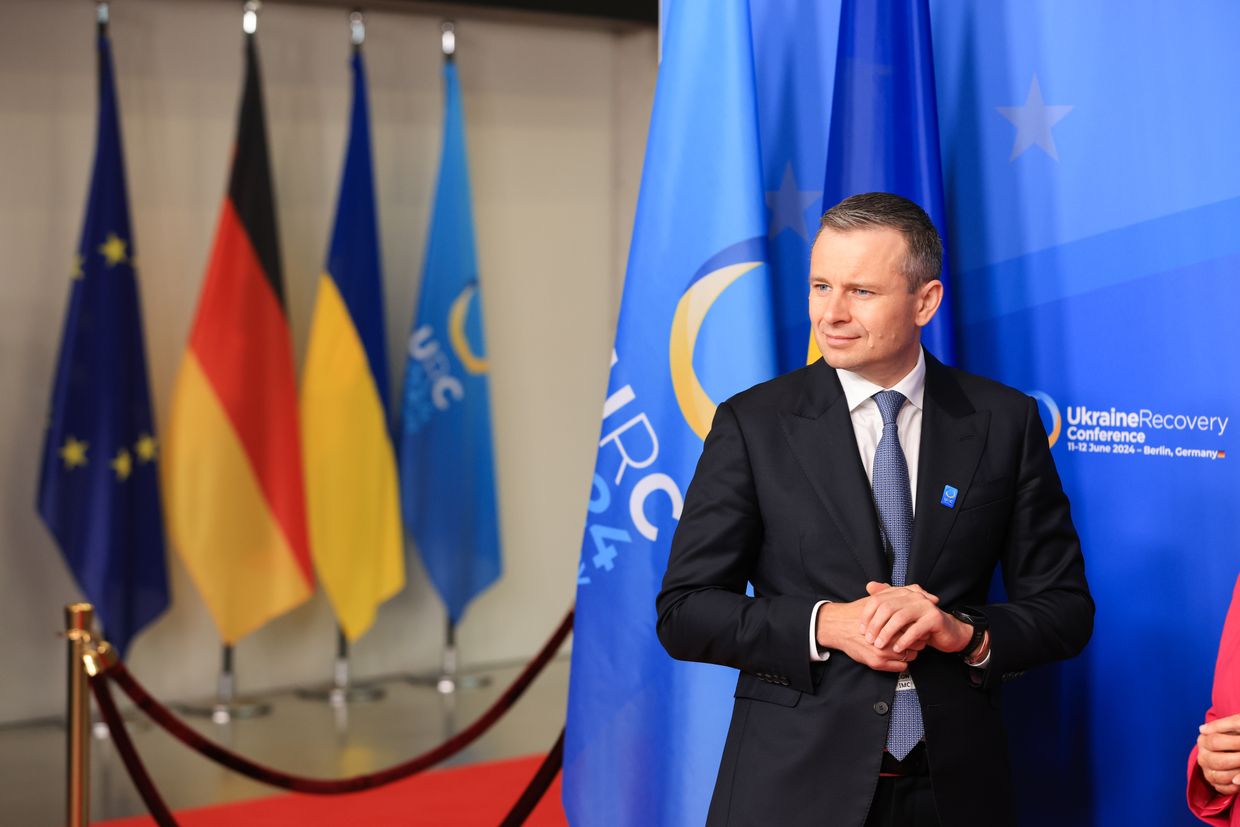
The Ukrainian Finance Ministry received $41.7 billion in international aid in 2024, Finance Minister Serhii Marchenko said in a televized statement on Dec. 30.
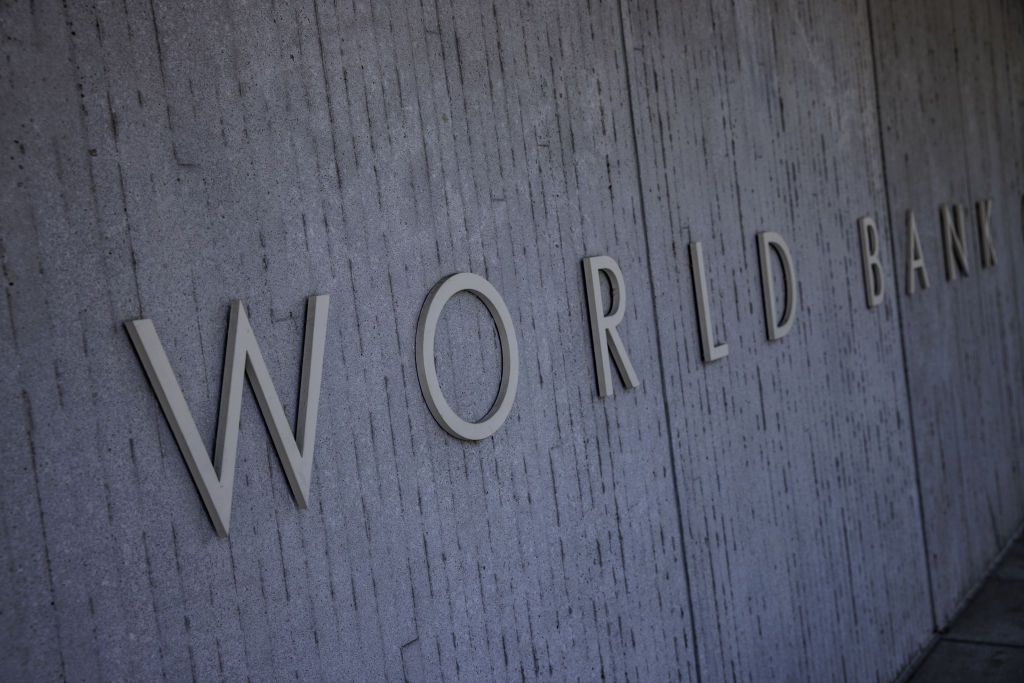
“The funds raised will be used to strengthen our economy and finance priority expenditures in the social and humanitarian spheres,” Prime Minister Denys Shmyhal said on Dec. 24.

The International Monetary Fund’s (IMF) updated projections for Ukraine outline two scenarios regarding Russia’s ongoing war.

The IMF approved the $1.1 billion tranche after completing its sixth review of the Extended Fund Facility (EFF), a plan to provide Ukraine with over $15 billion in budget support over four years.

Ukraine and the World Bank signed a loan agreement worth $4.8 billion, which Kyiv will use for priority budget expenditures, the Finance Ministry said in a statement.

Since February 2022, Ukraine has received over $37 billion in budget support through World Bank partnerships.

Ukraine has signed agreements with the World Bank totaling nearly $600 million under the "Resilient, Inclusive and Sustainable Enterprise" (RISE) project, Prime Minister Denys Shmyhal announced on Nov. 4.
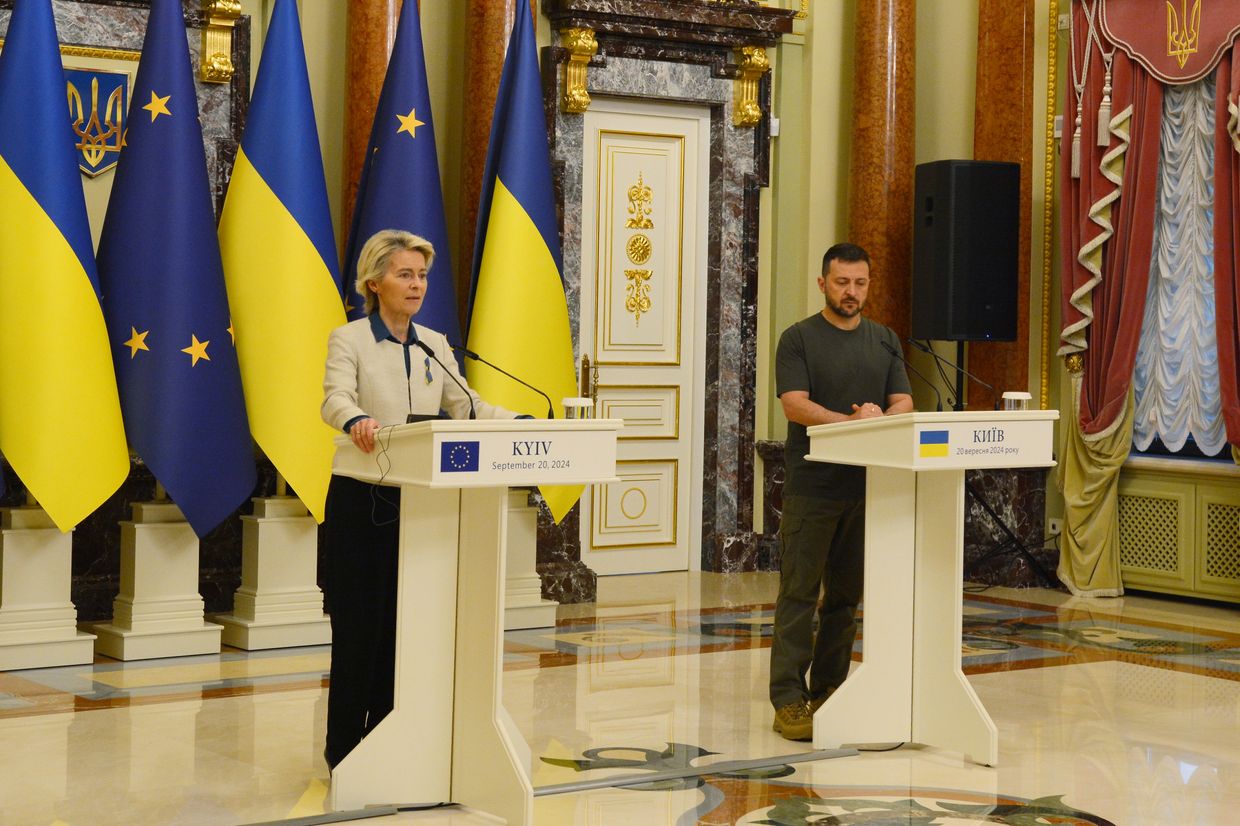
"Relentless Russian attacks means Ukraine needs continued EU support," the chief of the EU's executive arm said during her visit to Kyiv.
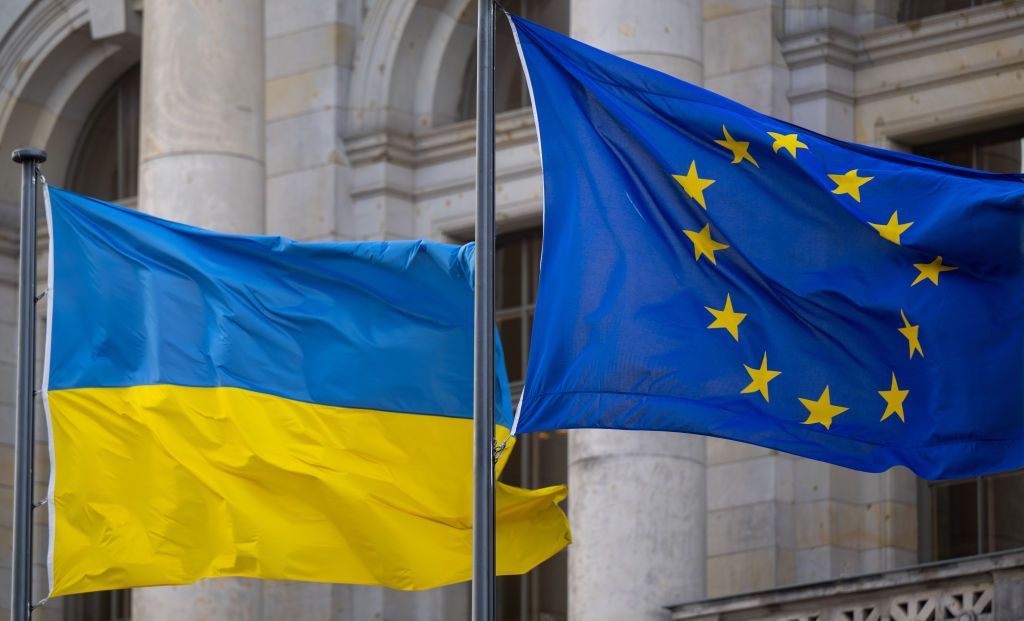
Ukraine has received 4.2 billion euros ($4.6 billion) as part of the EU's four-year financial support program, Prime Minister Denys Shmyhal said on Aug. 13.

This is the first tranche in 2024 under a new financial agreement between Ukraine and the World Bank.

"This is the first tranche of direct budget support from the United States in 2024. The planned amount of financial assistance from the United States for the current year is $7.8 billion," the statement read.
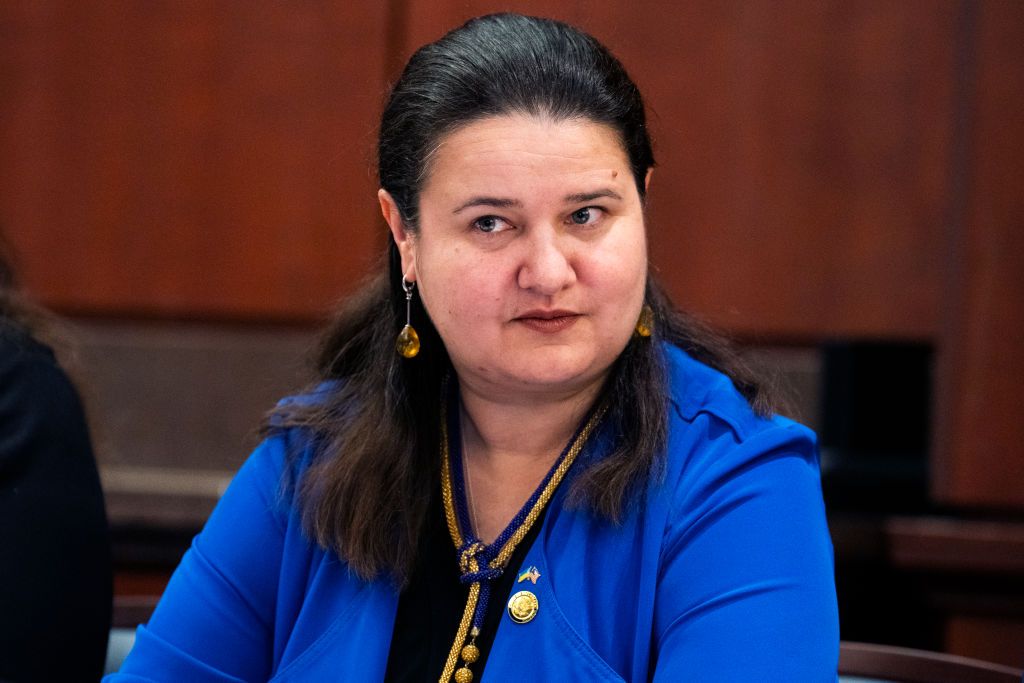
By November, Ukraine will receive $7.9 billion in direct support to the state budget, part of the $61 billion aid package passed by the U.S. Congress in April, Ukraine's ambassador to the U.S., Oksana Markarova, said on air on July 26.
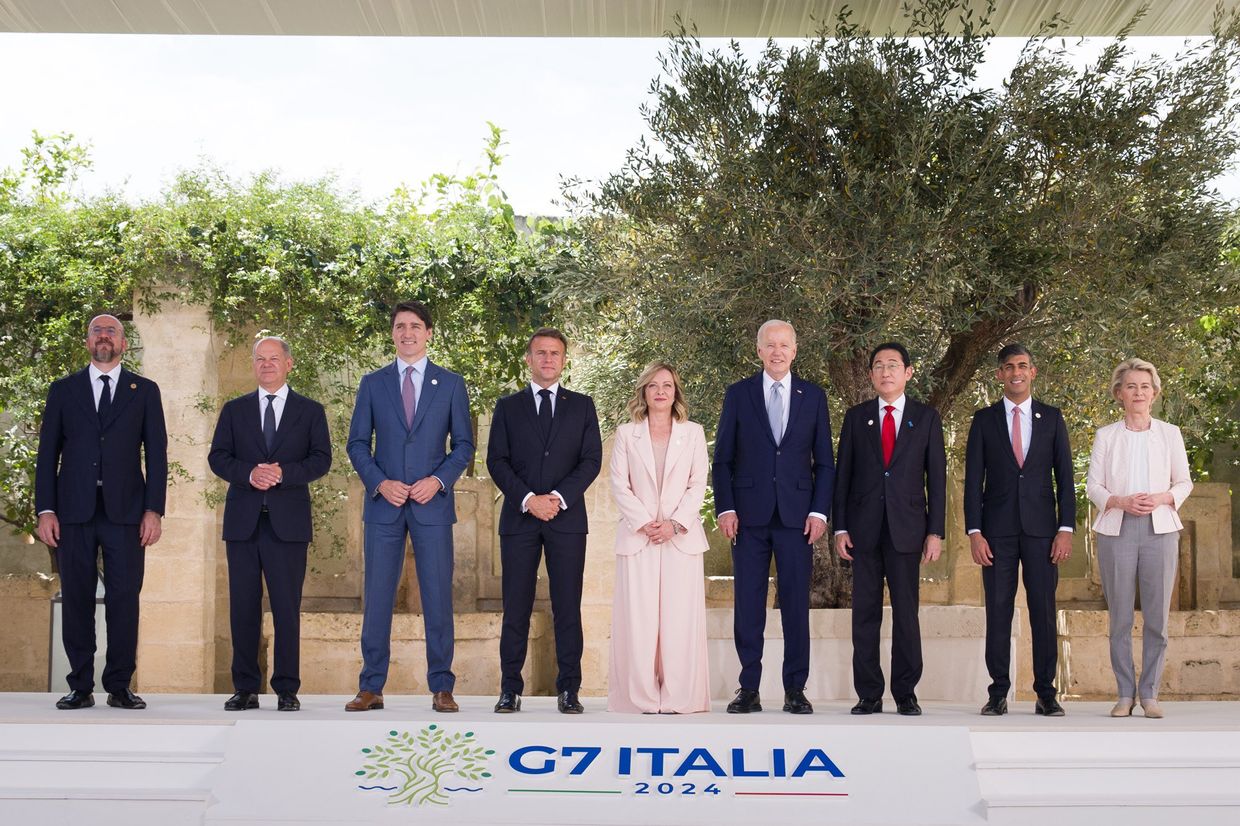
The Group of Seven (G7) will likely finalize a framework agreement for a $50 billion loan for Ukraine backed by frozen Russian assets revenue by October, EU Economic Commissioner Paolo Gentiloni said on July 25.

"The government will use this money to pay salaries to rescuers, teachers, doctors, and social support programs," Prime Minister Denys Shmyhal said.
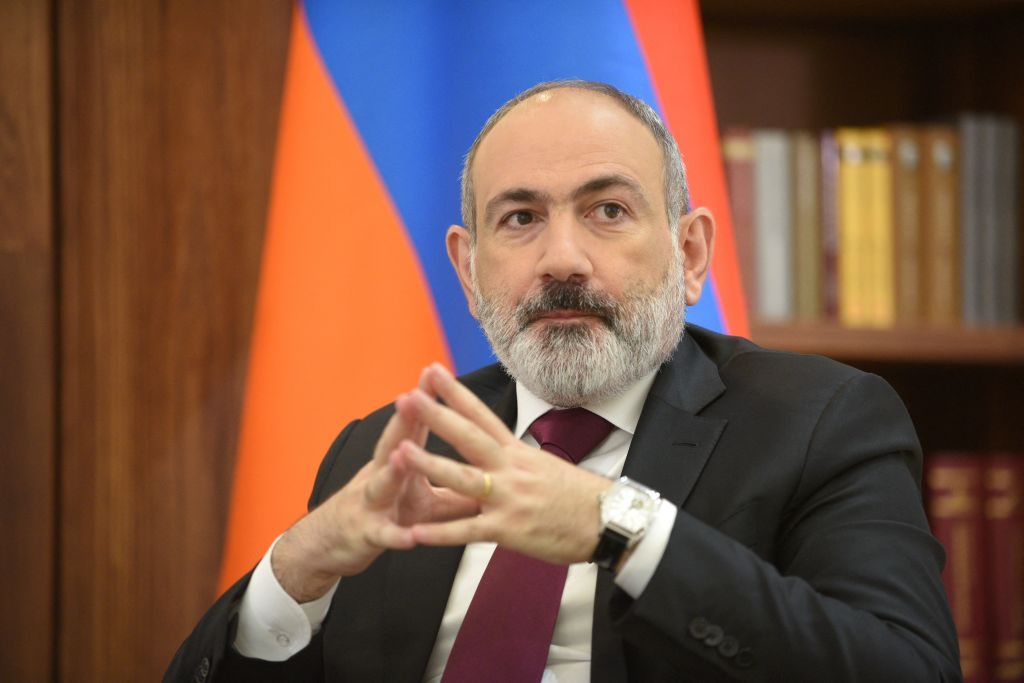
The Council of the European Union for the first time approved assistance under the European Peace Facility (EPF) to support the Armenian Armed Forces with 10 million euros ($10.8 million), according to the council's July 22 statement.
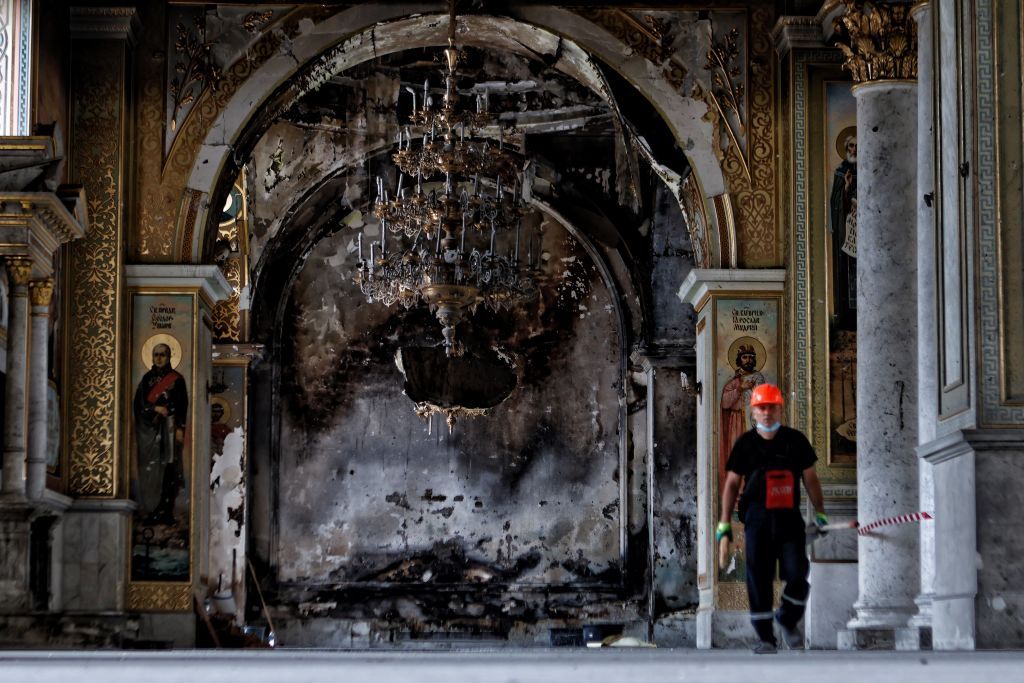
Ukraine's victory is the victory of the entire free world over dictators and tyrants. The formula for victory is well known: the strength of the Ukrainian army, the unity of the free world, unwavering long-term military and financial support for Ukraine, and, first and foremost, Ukraine's membership in NATO. One
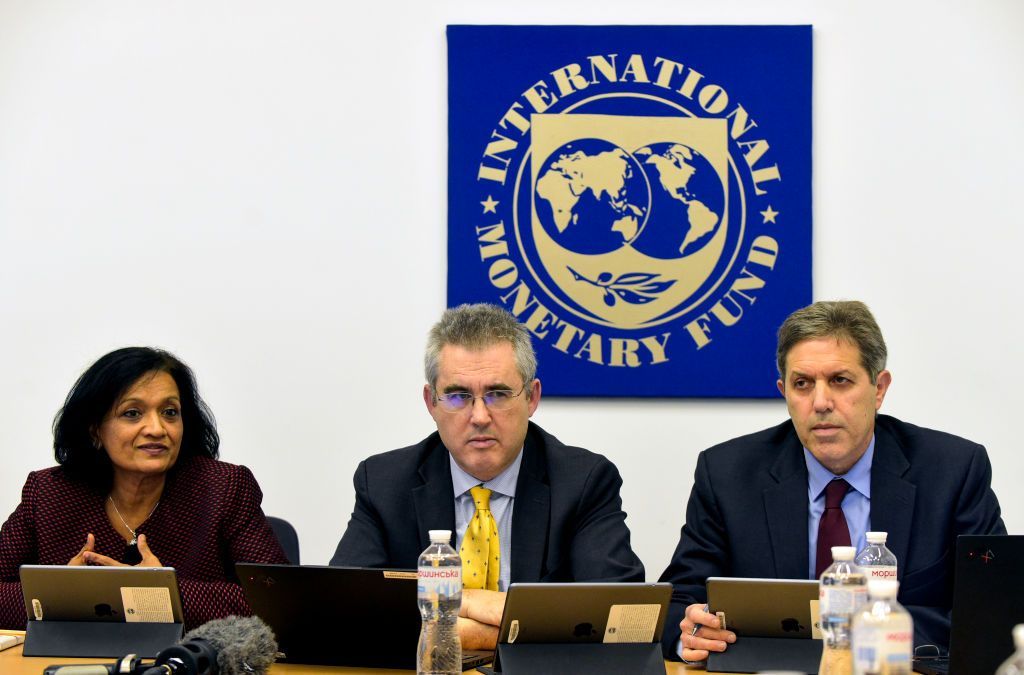
"Ukraine’s performance remains strong under the EFF despite challenging conditions," a news release from the IMF read. "All quantitative performance criteria for end-March were met, and all structural benchmarks through end-June were implemented on time or with a short delay."
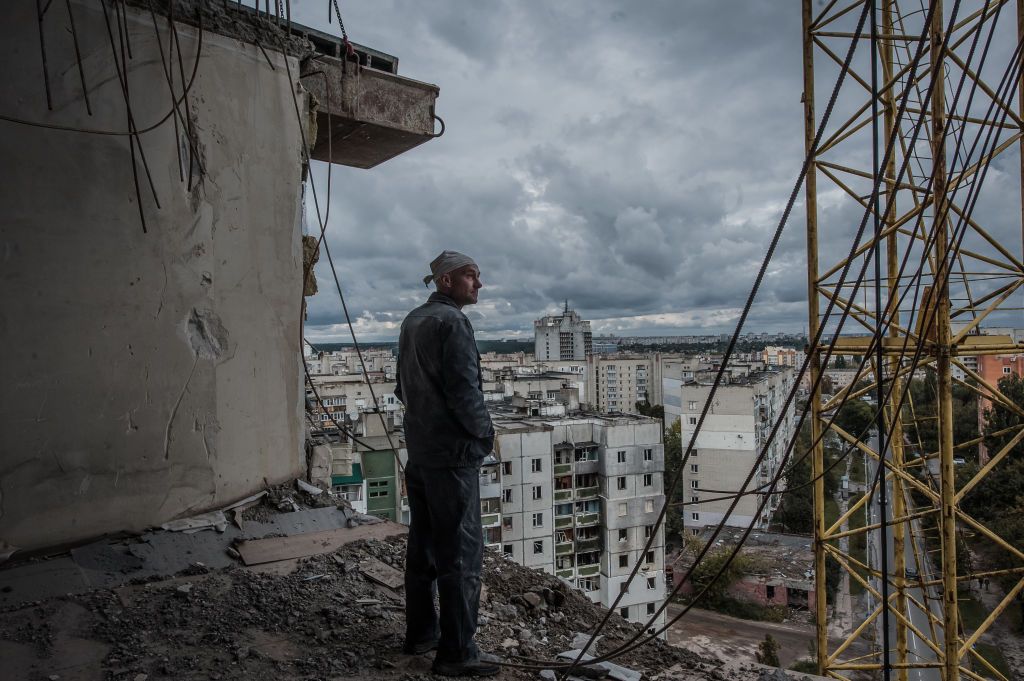
It is safe to say that Ukraine’s reconstruction will be the most significant and expensive undertaking in Europe since the post-World War II Marshall Plan. The World Bank estimates that rebuilding the country will require nearly $500 billion over the next decade, dwarfing the costs of the most destructive
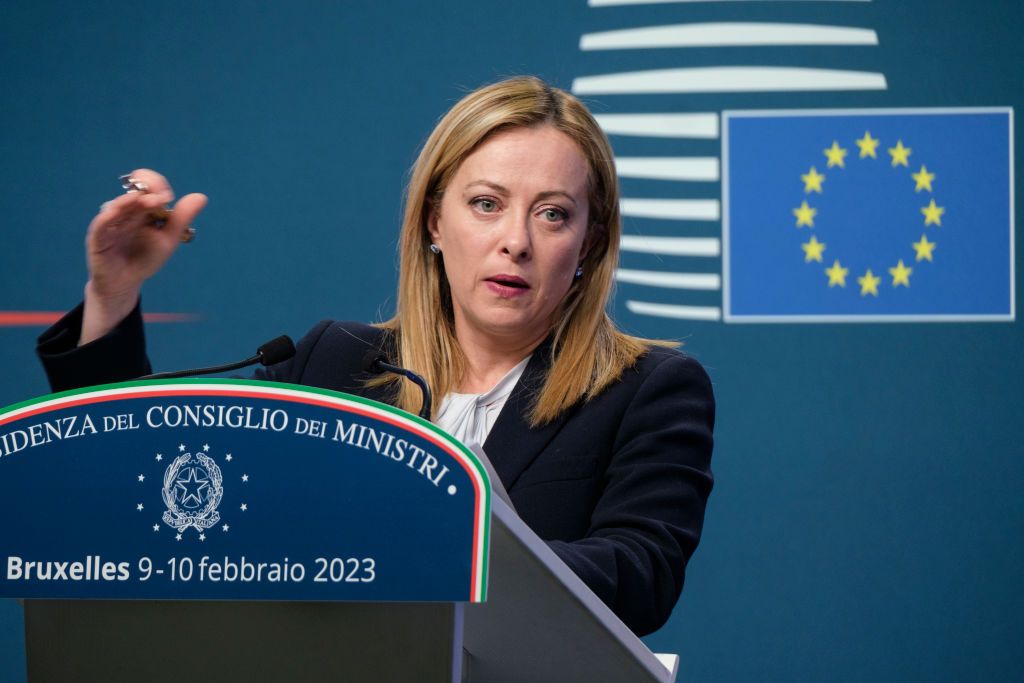
EU members will not be for now directly involved in the $50 billion loan for Ukraine, as they will instead focus on developing the guarantee mechanism, Italian Prime Minister Giorgia Meloni said on June 15.

"We have an agreement," a French presidency official said, ahead of a summit in Italy, which starts on June 13.
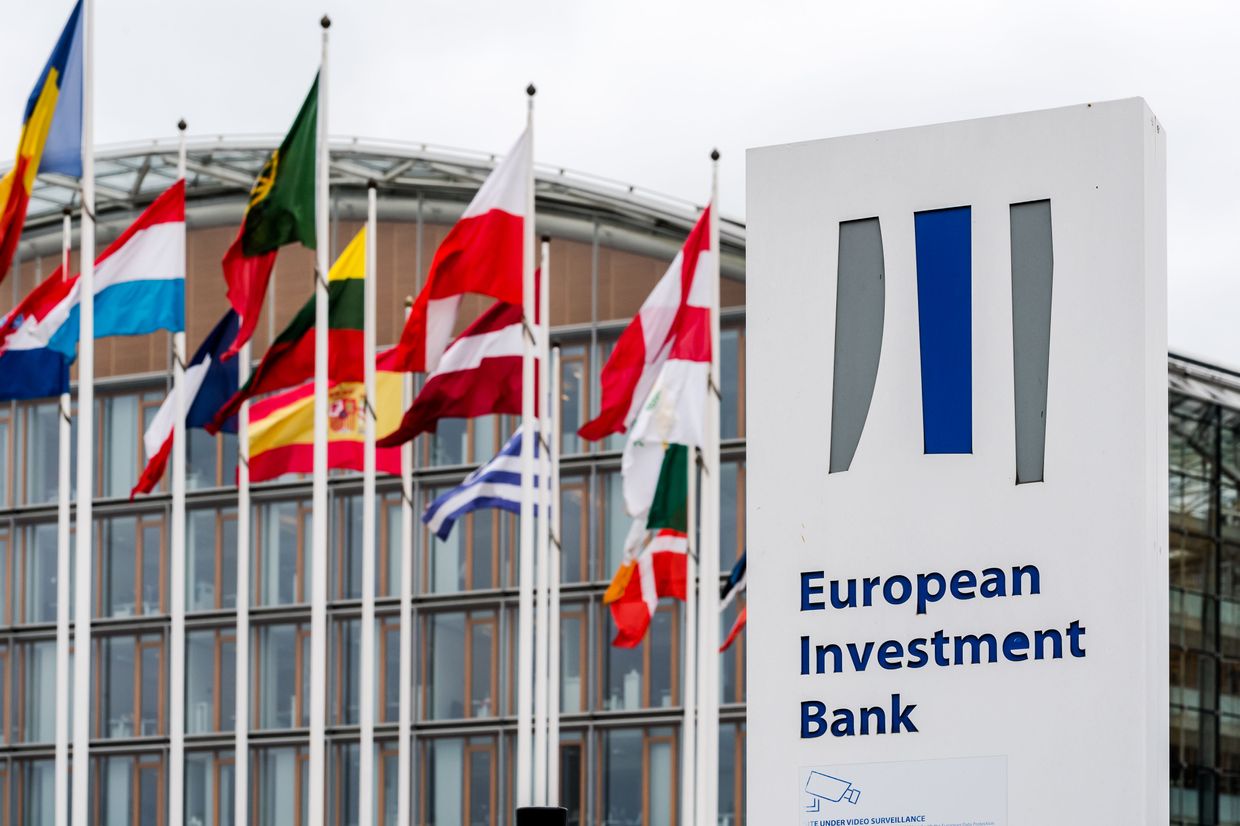
Kyiv signed a financing agreement with the European Investment Bank under the Recovery III project at the Ukraine Recovery Conference in Berlin.
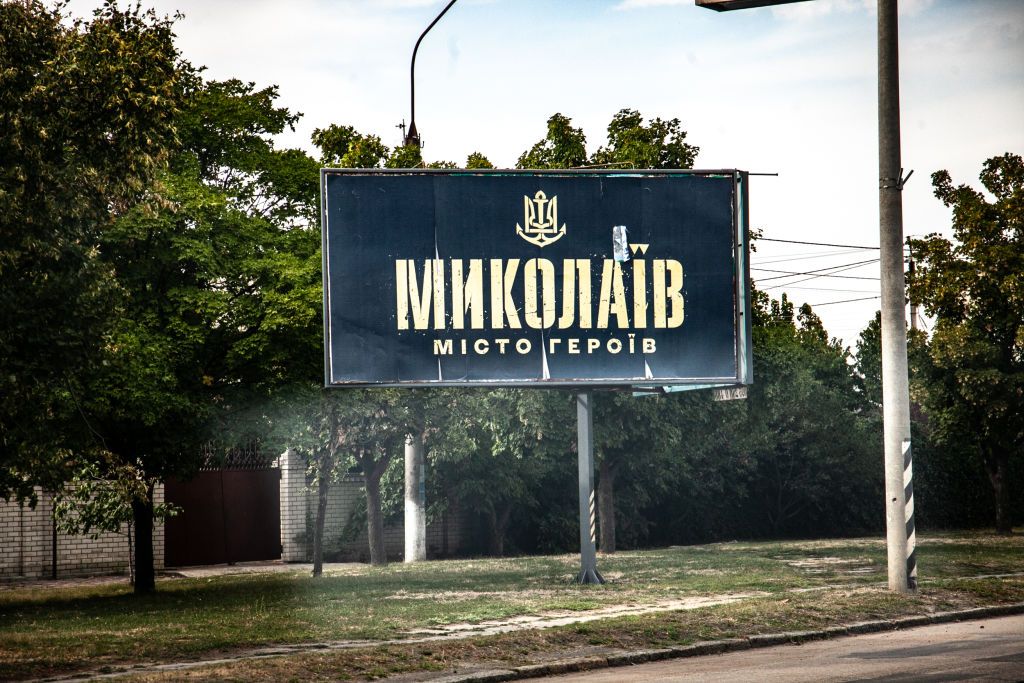
The European Bank for Reconstruction and Development (EBRD) will give Ukraine nearly 25 million euros ($26.8 million) to restore the water supply in Mykolaiv, Mykolaiv Mayor Oleksandr Sienkevych announced on June 11.

A final agreement on the issue is expected at a G7 summit in Apulia, Italy, on June 13-15, which President Volodymyr Zelensky will attend.



